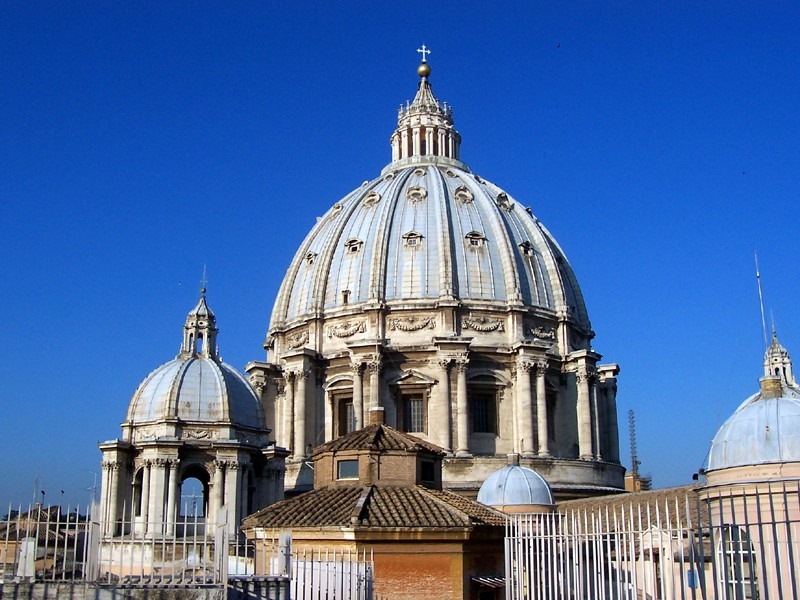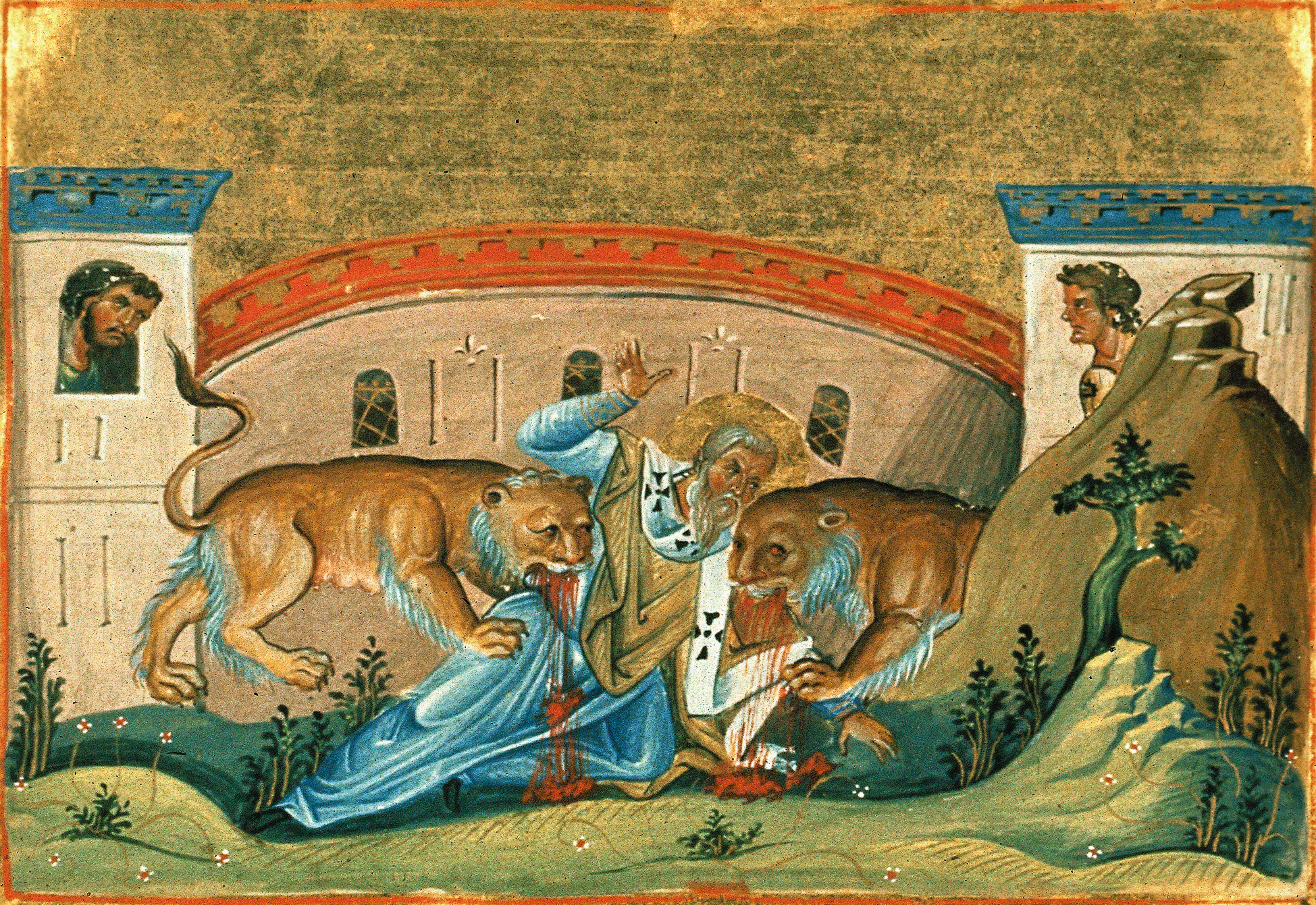Ignatius, Saint, Bishop of Antioch, -approximately 110
Enlarge text Shrink text
Information for Authority record
Name (Latin)
Ignatius, Saint, Bishop of Antioch, -approximately 110
Other forms of name
Ignatius, Saint, Bishop of Antioch, d. ca. 110 a
Ignatius, Saint, Bishop of Antioch, d. approximately 110
Ignatious, of Antioch, Saint, d. ca. 110
Ignatius, von Antiochia, Saint, d. ca. 110
Ignatios, Saint, Bishop of Antioch, d. ca. 110
Ignace, d'Antioche, Saint, d. ca. 110
Ighnātiyūs, al-Anṭākī, Saint, -approximately 110
Ignace, d'Antioche, Saint, -approximately 110
Ignasi, d'Antioquia, Saint, -approximately 110
Ignatiĭ, Bogonoset︠s︡, Saint, -approximately 110
Ignatios tou Theophorou, Episkopos Antiocheias tēs Megalēs, -approximately 110
Ignatios, Saint, Bishop of Antioch, -approximately 110
Ignatius, Saint, Bishop of Antioch, d. ca. 110
Ignatius, Saint, Bp. of Antioch, 1st cent
Ignatius, of Antioch, Saint, -approximately 110
Ignatius, von Antiochia, Saint, -approximately 110
Ignatius, von Antiochien, Saint, -approximately 110
Date of birth
0035
Date of death
0110-12-20
Other designation
Saint
Occupation
Bishops
Christian martyrs
Gender
male
Sources of Information
- New Cath. encyc.(Ignatius of Antioch, St.)
- Paulson, H. Die Briefe des Ignatius von Antiochia ... 1985.
- Encyc. Brit.(Ignatius of Antioch, Saint; d. c. 110)
- His Cartes, 1988:t.p. (Sant Ignasi d'Antioquia)
- Hierai akoulouthiai tou Hagiou endoxou hieromartyros, Ignatiou tou Theophorou, episkopou Antiocheias tēs Megalēs, 1996.
- Pami︠a︡tniki drevnekhtistianskoĭ pisʹmennosti, 2005:t.p. (Svi︠a︡toĭ Ignatiĭ Bogonoset︠s︡)
- Anti-Nicene Fathers ..., 1987:v.1, p. 105 (8 of the 15 epistles bearing the name Ignatius, bishop of Antioch, are now ... admitted to be spurious)
1 / 4
Wikipedia description:
Ignatius of Antioch (; Ancient Greek: Ἰγνάτιος Ἀντιοχείας, romanized: Ignátios Antiokheías; died c. 108/140), also known as Ignatius Theophorus (Ἰγνάτιος ὁ Θεοφόρος, Ignátios ho Theophóros, 'the God-bearing'), was an early Christian writer and Patriarch of Antioch. While en route to Rome, where he met his martyrdom, Ignatius wrote a series of letters. This correspondence forms a central part of a later collection of works by the Apostolic Fathers. He is considered one of the three most important of these, together with Clement of Rome and Polycarp. His letters also serve as an example of early Christian theology, and address important topics including ecclesiology, the sacraments, and the role of bishops.
Read more on Wikipedia >
 Personality
Personality





